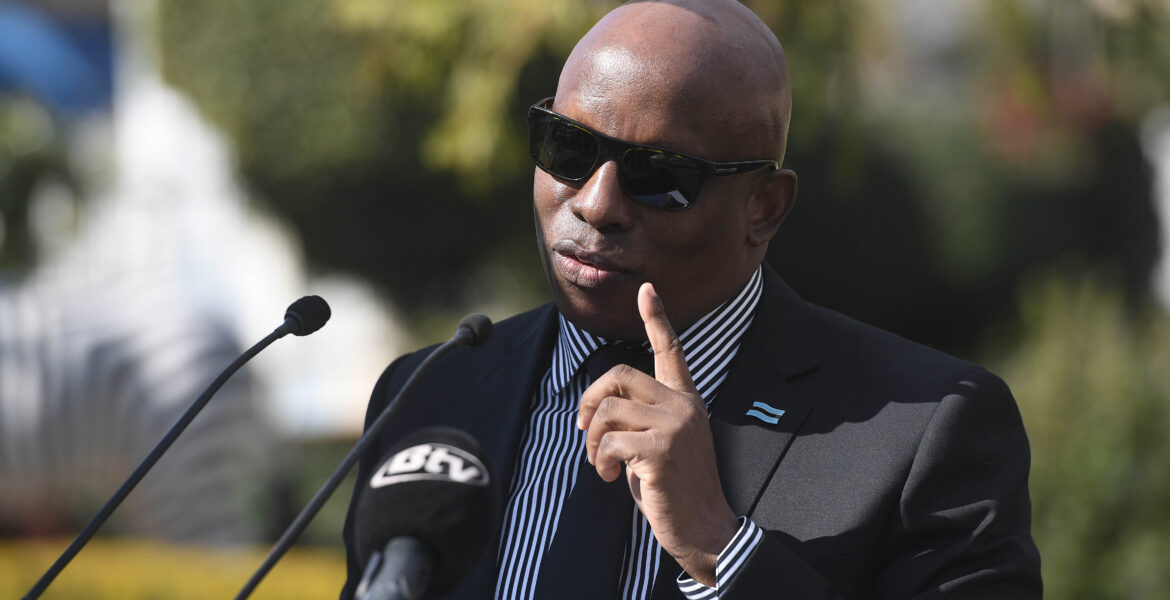- “Even if such interventions existed, they would not be for public consumption”
- DISS has attracted numerous unfavourable court decisions
- Judges have branded DISS a lawless state agency
GAZETTE REPORTER
The Minister of State, Kabo Morwaeng, has declined to discuss ongoing issues plaguing the Directorate of Intelligence and Security Service (DISS), stating that such interventions, even if they existed, would not be for public consumption.
The secret service has faced a series of court rulings in recent months along which it has been branded as a law unto itself, with judges describing it as a lawless organisation with excessive powers that interfere with the operations of other state agencies.
These rulings have highlighted the agency’s disregard for legal norms, with judges criticising its sweeping powers and lack of accountability. DISS has been characterised as an organisation in turmoil, embroiled in internal conflicts and at odds with other law enforcement bodies.
Increasingly public
Asked about the situation and what action is being taken, Morwaeng responded: “What we discuss with the DISS is not for public consumption.”
He declined to comment on whether any measures are being implemented to address the issues within DISS saying “even if they existed, they would not be for public consumption”.
Pressed further, Morwaeng expressed uncertainty about the identity of the interviewer. “I don’t know whether you are a journalist or an imposter,” he said. “How am I going to verify that it’s you talking and not an imposter?”
He then asked to be excused.
The internal strife within DISS has become increasingly public. The recently suspended high-ranking officers of the agency have disclosed in court papers that the police fear DISS while a recent court ruling stated that DISS had no authority to involve itself in operations of the Directorate on Corruption and Economic Crimes (DCEC).
Acting outside the law
Several judges have noted that DISS appears to operate under its own set of rules. Additionally, a United Nations body on arbitrary detention has accused DISS of frequently acting outside the law and conducting operations without search and arrest warrants.
Since its inception under Ian Khama as president in 2008, DISS has operated without a parliamentary oversight committee for much of its existence, albeit this being provided for by the Intelligence and Security Service Act.
The law provides for establishment of a Parliamentary Committee on Intelligence and Security appointed by the President after consultations with the Speaker of the National Assembly and the Leader of the Opposition in the National Assembly.
Ineffective
Opposition parties have argued that the committee, established by the President and reporting directly to him, blurs the line between presidential and parliamentary powers, thereby rendering it ineffective in addressing the deep-rooted issues within the secret service.
When the opposition caucus pulled out from the committee last year, the MP for Maun West, Dumelang Saleshando (BCP) said he requested the President: “to prioritise two issues of national concern relating to the DISS, which are subjecting the DISS to a forensic audit (Clean up DISS) and reviewing the DISS Act to ensure that it complies with international best practices (Fix the broken DISS).”
The opposition parties on the DISS Parliamentary Oversight Committee have insisted that their position will remain until the ruling party addresses their concerns.

